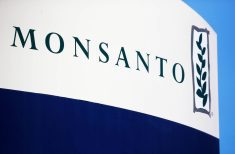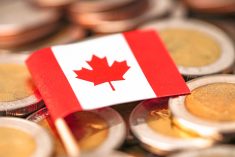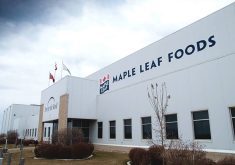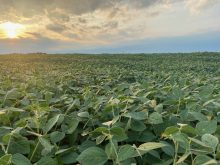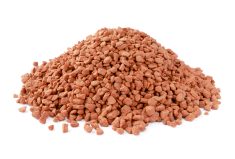Reuters – Bayer has reported better-than-expected quarterly earnings as a temporary price boost for its glyphosate-based herbicides made up for a decline in sales of its stroke prevention pill Xarelto.
The German company said third-quarter adjusted earnings before interest, taxes, depreciation and amortization (EBITDA) rose 17.3 per cent to US$2.45 billion, above analysts’ average estimate of $2.31 billion posted on the company’s website.
Bayer, which acquired glyphosate products as part of its takeover of Monsanto, is benefiting from more than doubled average glyphosate prices since early 2021 after hurricane Ida damaged rival producers, Chief Executive Werner Baumann told journalists.
Read Also
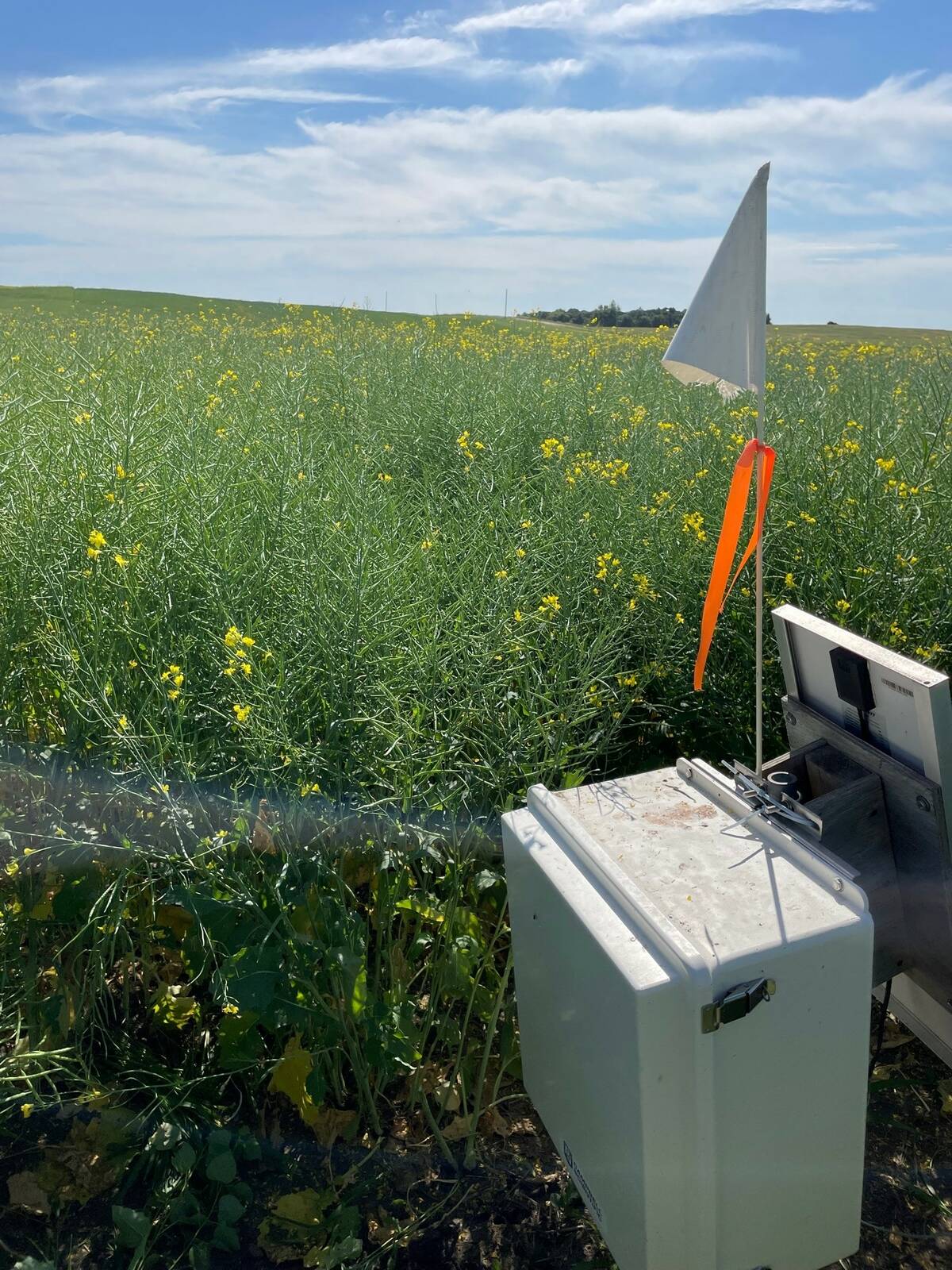
Where’s the water? RISMA knows
National soil moisture sensor network gives real-time data for Manitoba farmers fighting more frequent drought or flood.
But finance chief Wolfgang Nickl said prices had already begun to drop during the third quarter. “We expect them to normalize further in the fourth quarter,” he added.
Bayer has been hit by litigation costs over cancer claims by mostly individual users of glyphosate-based herbicides, but demand for the products from farmers has not been affected.
[RELATED] Corteva third-quarter loss narrows on demand for agricultural products
A recent string of five courtroom victories has encouraged Bayer to be stricter on legal settlements, which have cost it billions so far even after regulators declared the products safe.
The company said in August it was targeting 2022 adjusted EBITDA of about $13.1 billion, based on June 30 foreign exchange rates, up from $11.2 billion in 2021.
The crop science division saw adjusted EBITDA gain 33.5 per cent to $634 million, beating a market consensus of $593 million, as a strong glyphosate business more than offset weaker corn and soy seed sales after U.S. farmers scaled back planting due to drought.



